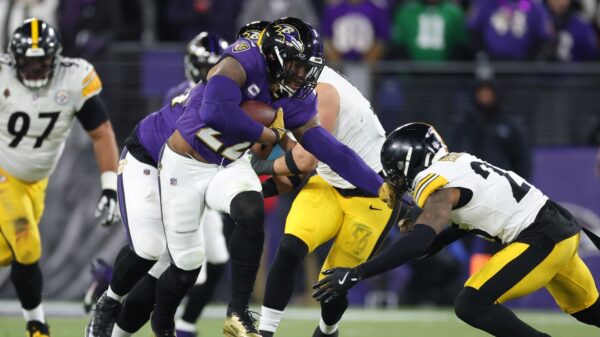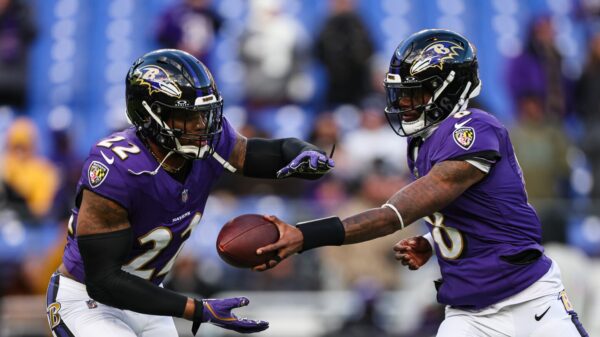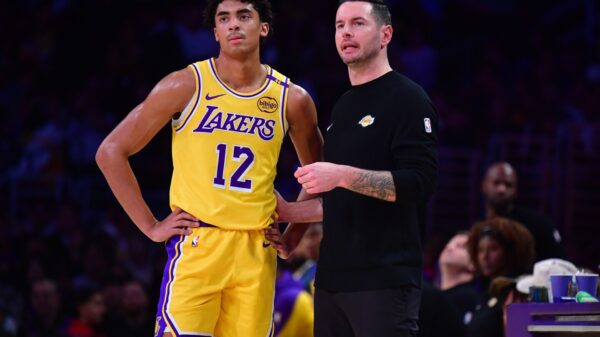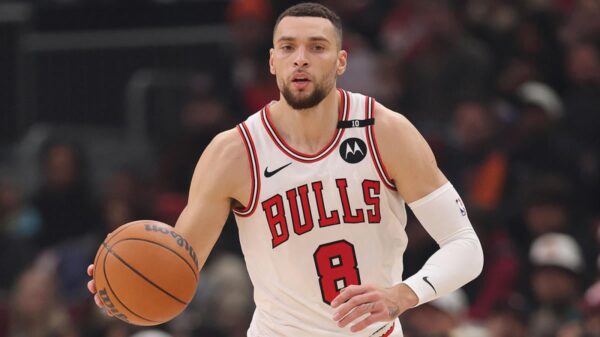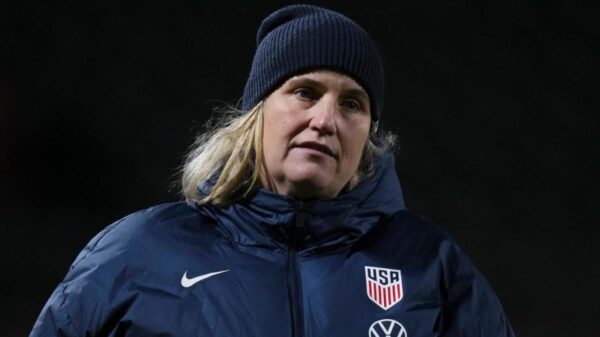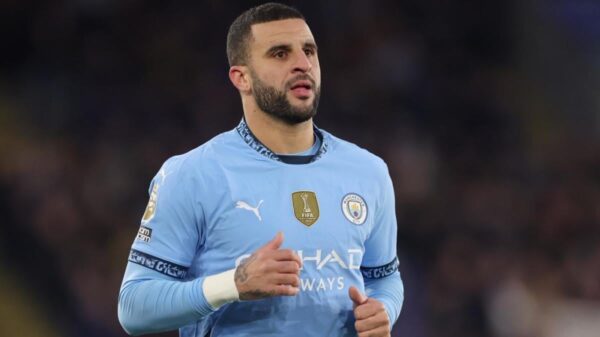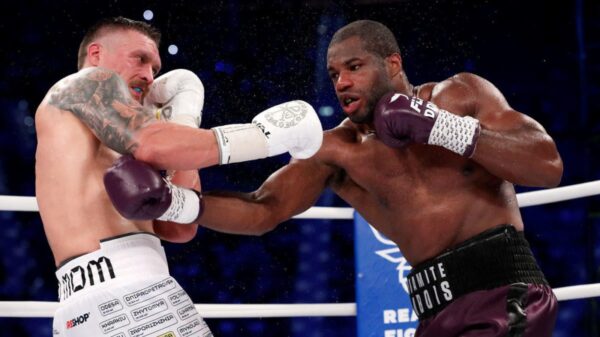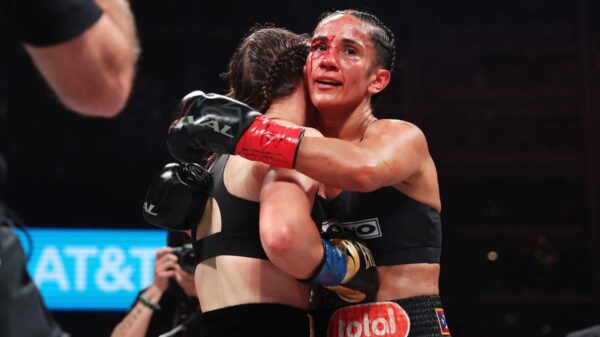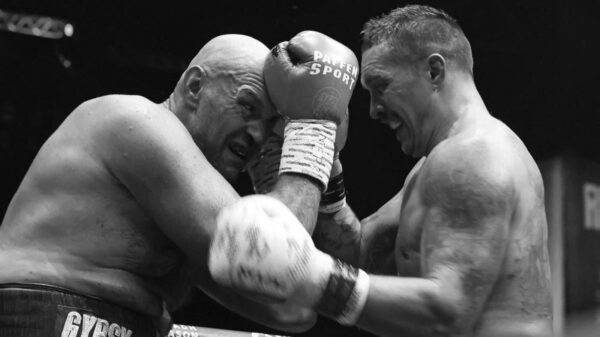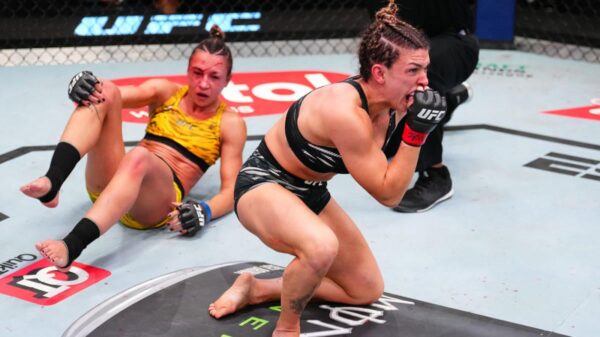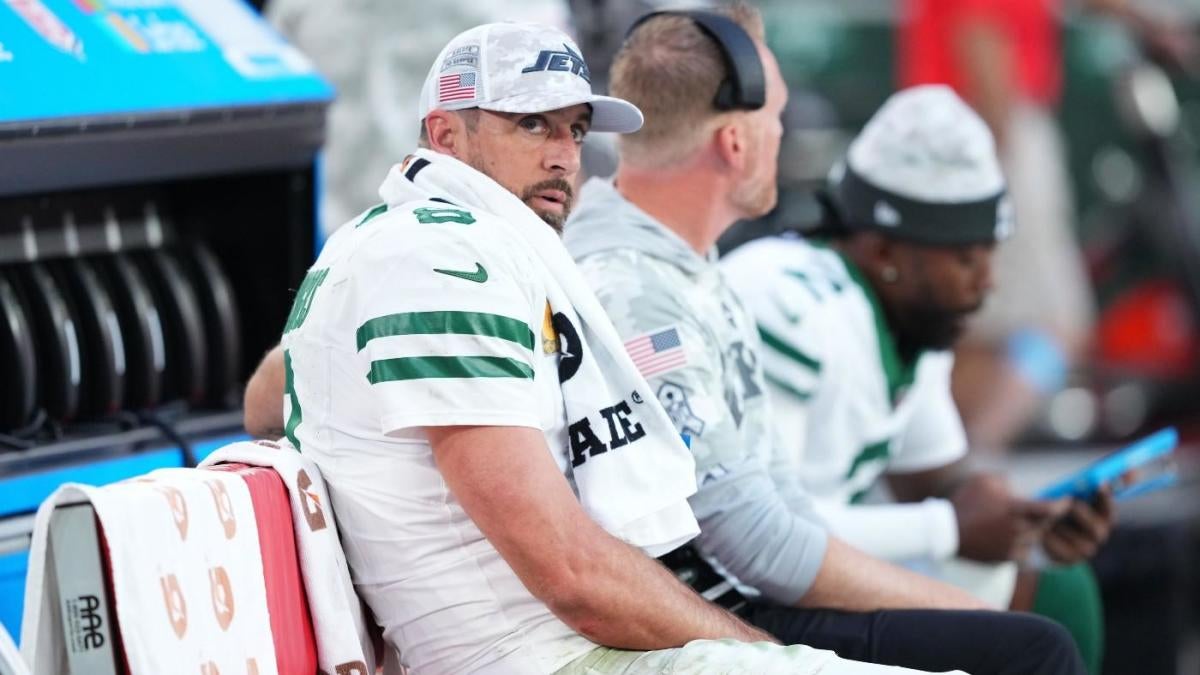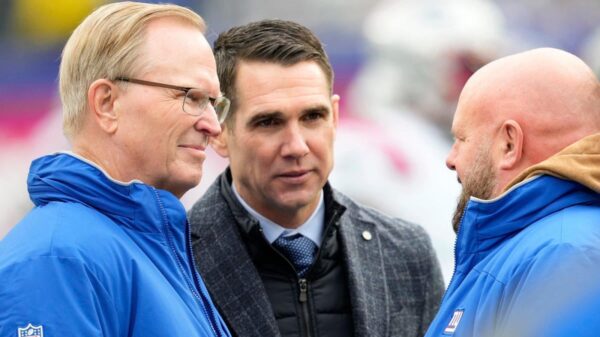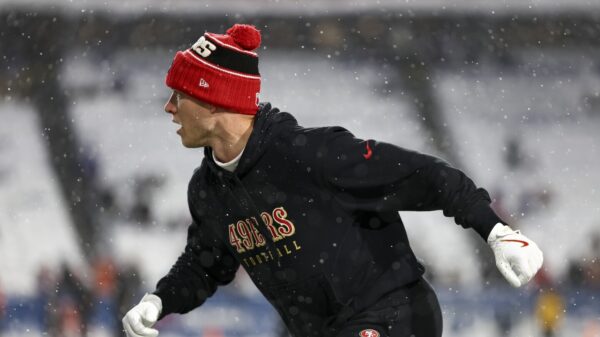The Aaron Rodgers experiment has been a failure. Rodgers was supposed to be the missing piece to not only end a playoff drought that started in 2011 but turn the New York Jets into Super Bowl contenders when he was acquired from the Green Bay Packers in the days leading up to the 2023 NFL Draft. The Jets sent the Packers a 2023 first-round pick (13th overall), a 2023 second-round pick, a 2023 sixth-round pick and a conditional 2024 second-round pick in exchange for Rodgers and a 2023 first-round pick (15th overall pick).
A left Achilles tear four offensive plays into Rodgers’ first game with the Jets derailed the 2023 season. This season has been more disappointing with Rodgers playing. Coach Robert Saleh was fired five games into the season because of a 2-3 start. Jets owner Woody Johnson was reportedly in favor of benching Rodgers after Week 4’s 10-9 loss to the Denver Broncos.
General manager Joe Douglas, who was a lame duck with an expiring contract, just suffered the same fate heading into Week 12’s bye as the Jets have lost five of the six games following Saleh’s departure to drop to 3-8. The Jets will be hard-pressed to match the seven wins from 2023 with 2021’s second overall pick Zach Wilson, who was a colossal bust, at quarterback after Rodgers got hurt.
Statistically, Rodgers is having a similar season to his last one with the Packers in 2022 when his 91.1 passer rating and 217.4 passing yards per game were his worst marks since becoming a starter in 2008. The future first ballot Hall of Famer also had 26 touchdowns, 12 interceptions and a 64.6 completion percentage. This was considered a down year by Rodgers’ standards as he was coming off back-to-back NFL MVP seasons and the Packers missed the playoffs for the first time since 2018.
Rodgers, who turns 41 on Dec. 2, has completed 63.4% of his passes for 2,242 yards with 17 touchdowns and seven interceptions to post a career-low 88.9 passer rating this season. He is on track to throw 26 touchdowns and 11 interceptions while averaging 222 passing yards per game. Rodgers hasn’t had a 300-yard passing game since Week 14 of the 2021 season.
Rodgers indicated last week that he wants to continue playing in 2025. He probably doesn’t want his illustrious career to end on such a bad note where he tries to redeem himself next season. Rodgers is scheduled to make an unguaranteed $37.5 million in 2025 on a $23.5 million salary cap number.
The Jets have inherited the same type of problem the Packers were going to have if Rodgers had been kept beyond the 2022 season, but to a lesser degree, because the renegotiated contract he signed in 2023 after the trade has two option bonuses, just like his 2022 deal with Green Bay. Originally scheduled to make $108.815 million over 2023 and 2024, Rodgers reduced this compensation by $33.765 million to $75.05 million.
Option bonuses are prorated over the life of a contract (up to a maximum of five years), including the option years, beginning in the league year when the option is exercised. From a salary cap standpoint, the presumption is option years will be picked up.
The Packers had $40,313,570 of dead money, a salary cap charge for a player no longer on a team’s roster, in 2023 relating to Rodgers after the trade. The dead money would have jumped to $68.205 million by parting ways with Rodgers in 2024 because of a $58.3 million payment (i.e.; option bonus) required in 2023 to exercise an option for a 2025 contract year. Cutting ties with Rodgers in 2025 would have increased the dead money to $76,803,334 with the second option being exercised in 2024 to pick up a 2026 contract year by making a $47 million payment to him.
Age is catching up with Rodgers. The next head coach and general manager shouldn’t want to start a new regime with a declining 41-year-old quarterback.
The Jets will have $49 million in dead money if Rodgers isn’t with the Jets in 2025. The most likely method of Rodgers’ departure will be releasing him given he doesn’t intend on retiring. Rodgers’ consent will be required to deal him to another team, assuming the Jets can find a taker, because his contract contains a no-trade clause.
The $49 million would come from: (1) Rodgers’ fully guaranteed $35 million 2023 roster bonus prorated on the salary cap at $7 million annually from 2023 through 2027 and (2) a $35 million payment to exercise an option for his 2028 contract year prorated on the salary cap at $7 million annually from 2024 through 2028. The roster bonus would account for $21 million of the $49 million while the other $28 million would be from the option bonus.
The dead money could be spread over two years rather than being taken completely in 2025 with the use of post-June 1 designation. A team can release two players each league year before June 2 using a post-June 1 designation that will be treated under the salary cap as if released after June 1. With a post-June 1 designation, a team is required to carry the player’s full cap number until June 2 even though he is no longer a part of the roster. The player’s salary comes off the books at that time unless it is guaranteed.
Only the current year’s bonus proration counts toward the cap with players released using a post-June 1 designation. The acceleration of the bonus proration in future contract years is delayed until the following league year, which typically begins in early to mid-March.
The Jets would pick up $9.5 million of 2025 cap space by using a post-June 1 designation. The 2025 dead money would be $14 million ($7 million of 2025 roster bonus proration and $7 million of 2025 option bonus proration). There would be $35 million of dead money in 2026 consisting of $14 million in roster bonus proration from the 2026 and 2027 contract years and the $21 million in option bonus proration from the 2026 through 2028 contract years.
The Jets’ cap charges for Rodgers would be $25.5 million more than his 2025 cap number by taking the entire $49 million dead money hit in 2025. It’s feasible because wide receiver Davante Adams, who was acquired from the Las Vegas Raiders in October, probably won’t be back in 2025 without Rodgers. Adams has 2025’s largest cap number for a non-quarterback at $38,340,666. Trading or releasing Adams would free up $29,997,999 of 2025 cap space leaving the Jets with $8,362,667 of dead money stemming a contract restructure that took place right after his trade.
Economically, it’s more prudent for the Jets to move on from Rodgers after this season. The dead money gets worse if the Jets were to bring Rodgers back in 2025 on his existing contract. Picking up the second option in Rodgers’ contract for a 2029 contract year requires another $35 million payment. Rodgers unsecured $37.5 million 2025 base salary will drop to $2.5 million in the process. There’s an unusually long window to exercise this option that extends to a day before New York’s first 2025 regular-season game. This $35 million option bonus will be prorated on the salary cap at $7 million annually from 2025 through 2029.
The Jets would be contending with $63 million in dead money with Rodgers departing after the 2025 season. With use of a post-June 1 designation, the Jets would have $21 million in 2026 dead money composed of the $7 million of 2026 roster bonus proration, $7 million of first option bonus proration and $7 million of 2026 second option bonus proration. There would be $42 million of dead money in 2027 consisting of $7 million in roster bonus proration from the 2027 contract year, $14 million in first option bonus proration from the 2027 and 2028 contract years and $21 million in second option bonus proration from the 2027 through 2029 contract years.
Creating a worse salary cap situation long term doesn’t make a lot of sense under the circumstances. The decision on Rodgers should be easy given that he is losing his battle with Father Time, the Jets’ disappointing season and the impending regime change. A third season for Rodgers in New York would be more justifiable with him playing at a higher level like Drew Brees did when older. Consistently throwing long-range cap planning out the window was appropriate for the Tampa Bay Buccaneers when signing Tom Brady to play as a 43-year-old. It was worth it because of the results during his three-year tenure with the Buccaneers. Same can’t be said for the Jets with Rodgers.
Read the full article here



